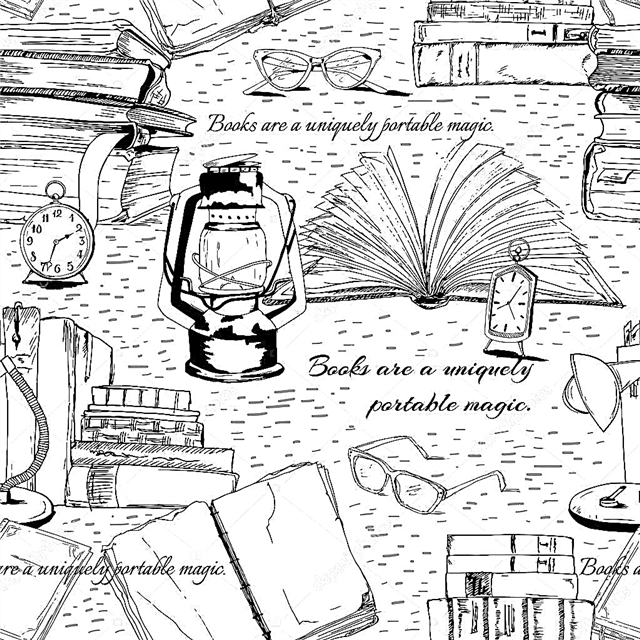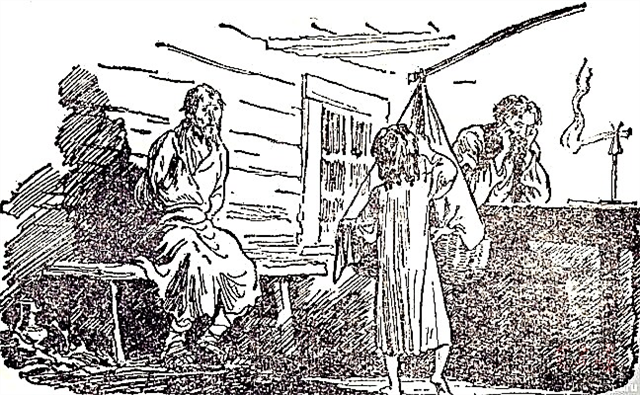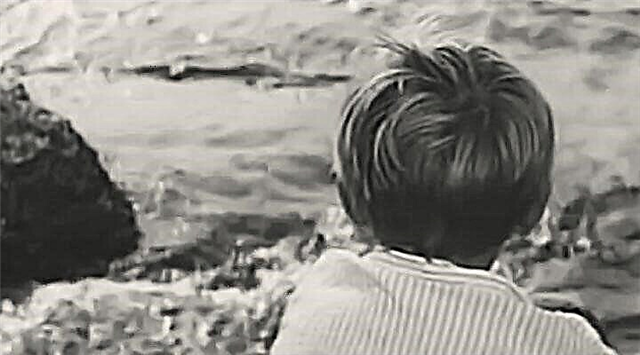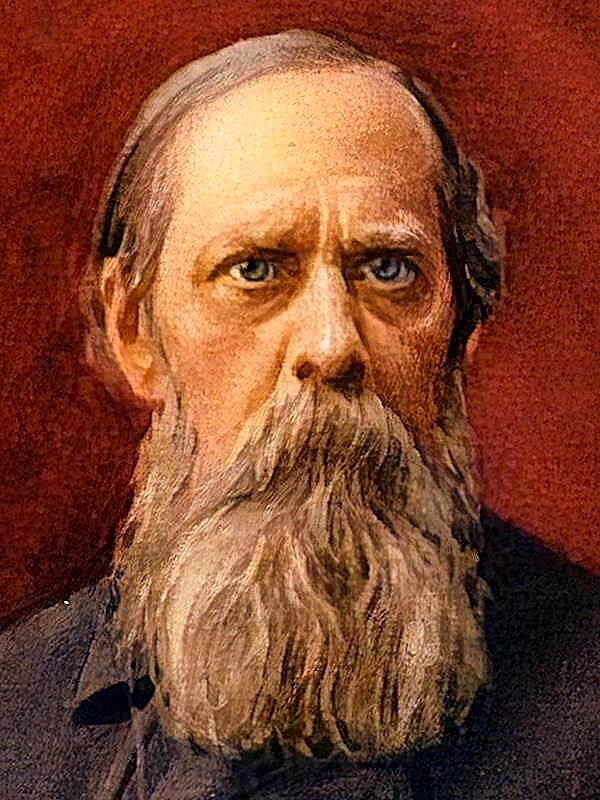More and more often we prefer cinema to literature, but talented writers always find a way out, returning us to black and white pages. The English writer John Fowles wrote The Collector and proved that books must be passed through oneself, to feel the mood of the heroes, and certain stories sound vividly in the language of literature. Roman Fowles was filmed, but since there are not so many actions in the work, the film does not look as exciting as the text is read, and there is a separate bow to the writer for this.
So what's the plot? A lonely young man named Frederick Clegg falls in love with a student at an art school Miranda Gray. So far, nothing unusual - he falls in love with her, the reader is waiting for action, a chance acquaintance or anything, but not what will happen in the book. Since Clegg is not well educated, he is afraid to meet Miranda in the usual way, so he decides to kidnap her. Now Miranda is imprisoned by the protagonist, who, incidentally, is passionate about collecting butterflies - and here is the clue to the name.
The novel is also interesting in its structure: first there is a narrative on behalf of Clegg, the second part is a diary that Miranda keeps. In the third and fourth parts, the word is again given to Clegg. Thus, we consider the situation from different angles, and we are imbued with participation not only to the victim, but also to the kidnapper.
Being imprisoned, Miranda begins to realize that she is like another butterfly in his collection, which he admires, but does not want to let go. Clegg provides her with food, clothing, buys what she asks for, and gives her everything but freedom. However, the creative soul is not satisfied with the golden cage, therefore, despite the good conditions, Miranda seeks to escape. However, as most people would do in a similar situation.
Fowles worked the novel so flawlessly that it put the readers in an awkward position - we are starting to empathize not with Miranda, but with her kidnapper. Every second person will be able to describe the abduction, but passing a glance along the lines from Clegg's face, unwittingly you begin to sympathize with him, empathize, and even justify his act. You will observe the relations of the heroes and even ask yourself, who is the victim? Of course, Miranda - she cannot get out of the house, Clegg takes her out of the basement with only a gag in her mouth and her hands tied ... what can I talk about? How can one understand a maniac in such a situation? But you can, or rather, Fowles does everything for this.
Clegg doesn’t even want to label him a maniac, if he describes his feelings, his condition and loneliness, we inevitably get into a hero who is desperately waiting for the mutual feelings of the captive. If you look on the other hand, it is Clegg who is in spiritual confinement, and Miranda can twirl them as he wants. The only thing she cannot achieve is her freedom.
An unambiguous plus of the work - it will become interesting reading for both lovers of "simpler literature" and for fans of complex, ornate stories. The novel "Collector" is a work of postmodernism, so Fowles hid in it some references to previous creators. We learn a lot from Shakespeare's The Tempest, we directly meet Holden Caulfield from the Salinger's Catcher in the Rye, and even something from Greek mythology. Of course, it’s interesting to know if Miranda will escape? Will she love her Caliban? Maybe he will let her go himself? But to look for various allusions in the works of Fowles means to decorate the reading of a great novel.
The post-modern novel "Collector" demonstrates a good example of combining the spiritual - Miranda, and the down-to-earth - Clegg. Perhaps in such “Calibans” many recognize their acquaintances who simply cannot penetrate art. In the process of reading the novel, another intrigue is added - will Miranda be able to awaken a sense of beauty in her captor, or is he doomed to impoverishment of his personality? There is an episode in the book where the heroine undresses in front of Frederick, partly the reason is precisely the desire to understand whether he is able to appreciate the beauty of the female body, or whether it is controlled by banal vulgarity. I think the answer is worth finding for yourself while reading the "Collector".
The novel brought Fowles commercial success, the book became a bestseller, and it’s understandable why. It is amazing how subtly revealed the psychology of a maniac, and how it feels for the reader to fall in love with a crazy hero. If the whole book motivated you to rethink the story you read, then the ending is not far behind, and the final pages leave the aftertaste of a contradictory, but definitely beautiful work of art.

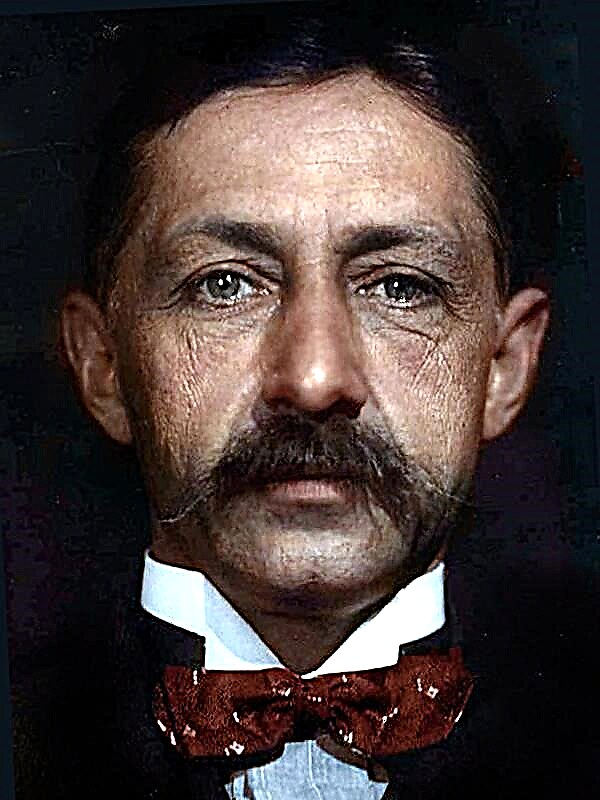
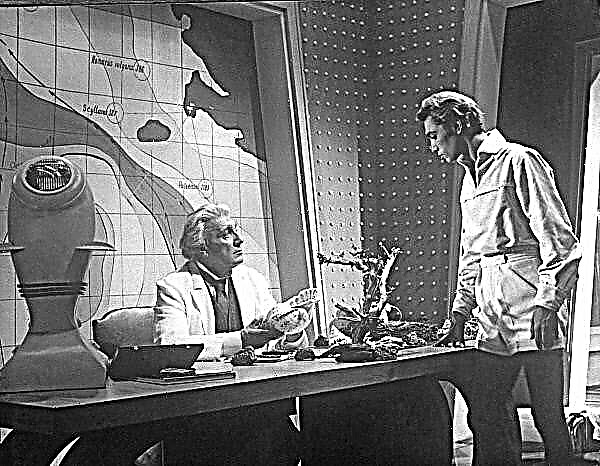


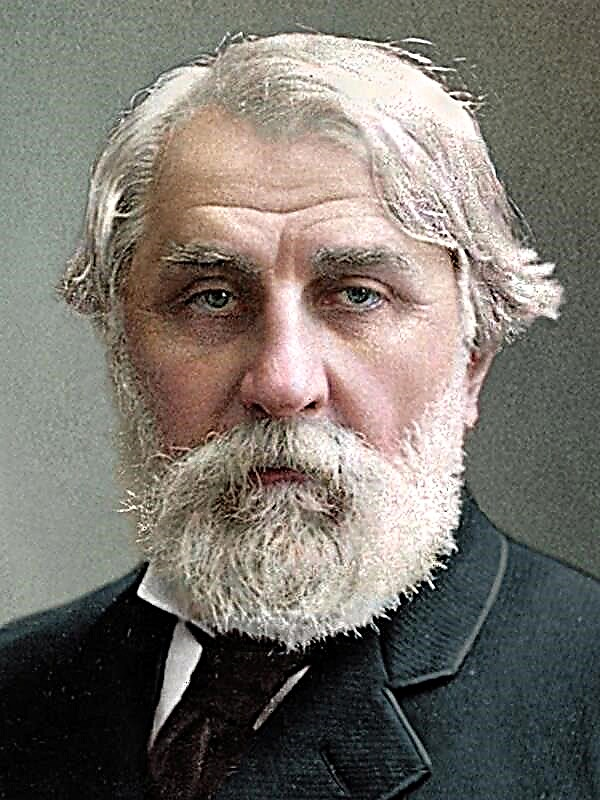
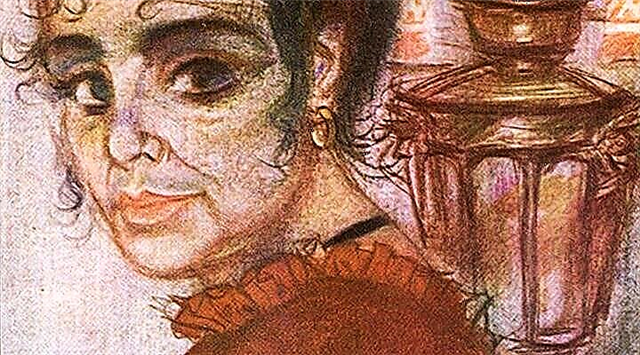 Dark alleys
Dark alleys
